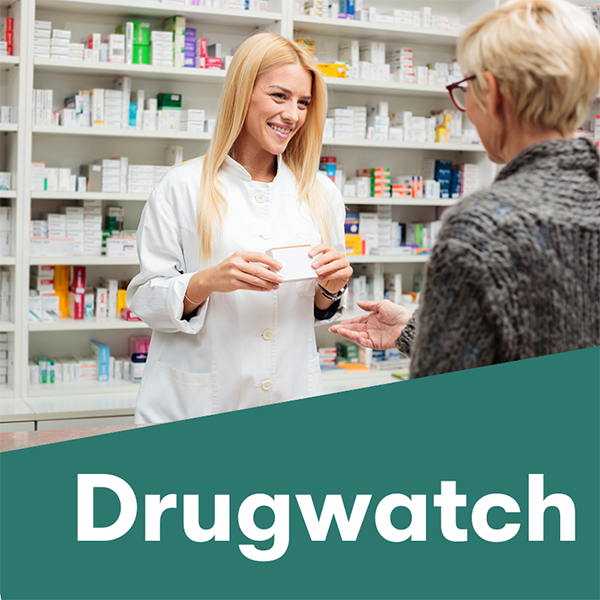 A redress scheme for families who have suffered from exposure to valproate has been proposed by the Patient Safety Commissioner.
A redress scheme for families who have suffered from exposure to valproate has been proposed by the Patient Safety Commissioner.
Valproate is a commonly prescribed anti-seizure medication for people with epilepsy. It is also prescribed for bipolar disorder.
It has been linked to serious developmental issues in children exposed during pregnancy. However, for many people with epilepsy, it remains the most effective drug for their treatment.
Until this year, the rules around prescribing valproate were just for women and girls. The Valproate Pregnancy Prevention Programme ensures women taking valproate are aware of the risks in pregnancy and using highly effective contraception.
However, the rules changed on 31 January 2024, meaning no one under the age of 55 will be newly prescribed unless two specialists agree there is no other effective or tolerated treatment, or unless there are “compelling reasons that the reproductive risks do not apply”.
According to the Patient Safety Commissioner, thousands of children have been exposed to valproate and suffered from learning and physical disabilities as result.
Dr Henrietta Hughes (pictured) is the current Patient Safety Commissioner. The goals of the office are to influence government, advise on policy making and raise patient concerns to the Department of Health and Social Care.
The suggested redress scheme has two stages. The first identifies all those harmed and would “ensure patients receive long overdue financial redress quickly”. The commissioner says this award would be about £25,000. This would be followed by a payout based on the individual needs of each patient.
The report also sets out non-financial redress to provide support for those affected. This includes a housing grant and improved access to education, benefits and support.
It suggests the redress agency would be independent of government or arms-length bodies.
Launching the report, Dr Hughes said: “My report could not be clearer – the case for redress has been made. It highlights in detail the daily problems that impact on those who have been harmed. We found that those exposed to valproate need specialist care but must battle with every part of the system – diagnosis, treatment and support services.
“This redress programme is a crucial step towards acknowledging the challenges faced by families impacted by valproate.”
Exposure to valproate in pregnancy is linked to spina bifida, facial and skull malformations, malformations of the limbs and organs, as well as learning and development problems.
Rebekah Smith, Epilepsy Action deputy chief executive, said: “The 2020 Cumberlege review recommended a redress scheme should be set up to meet the cost of providing additional care and support to those who have experienced avoidable harm due to sodium valproate.
“Although the government stated on a number of occasions that it was ‘carefully considering’ a redress scheme, the recommendation wasn’t taken on board at the time. It was instead advised that affected families could pursue clinical negligence claims. These would be costly, both financially and emotionally, and time consuming.
“Epilepsy Action has long supported the calls for compensation for the estimated 20,000 children who have been harmed by valproate. Some of these children require 24-hour care, the cost of which has been entirely on the families’ shoulders for years.
“We welcome this latest call for compensation from the Patient Safety Commissioner. We hope the government listens to the calls of patients who have been harmed, providing the long-overdue financial support they need.”
More articles







